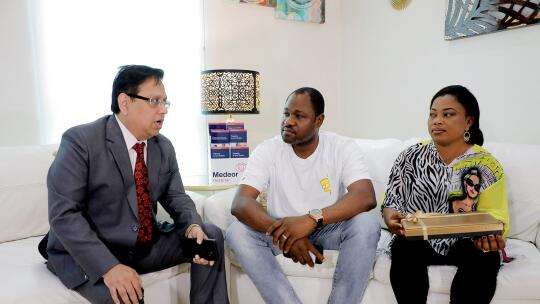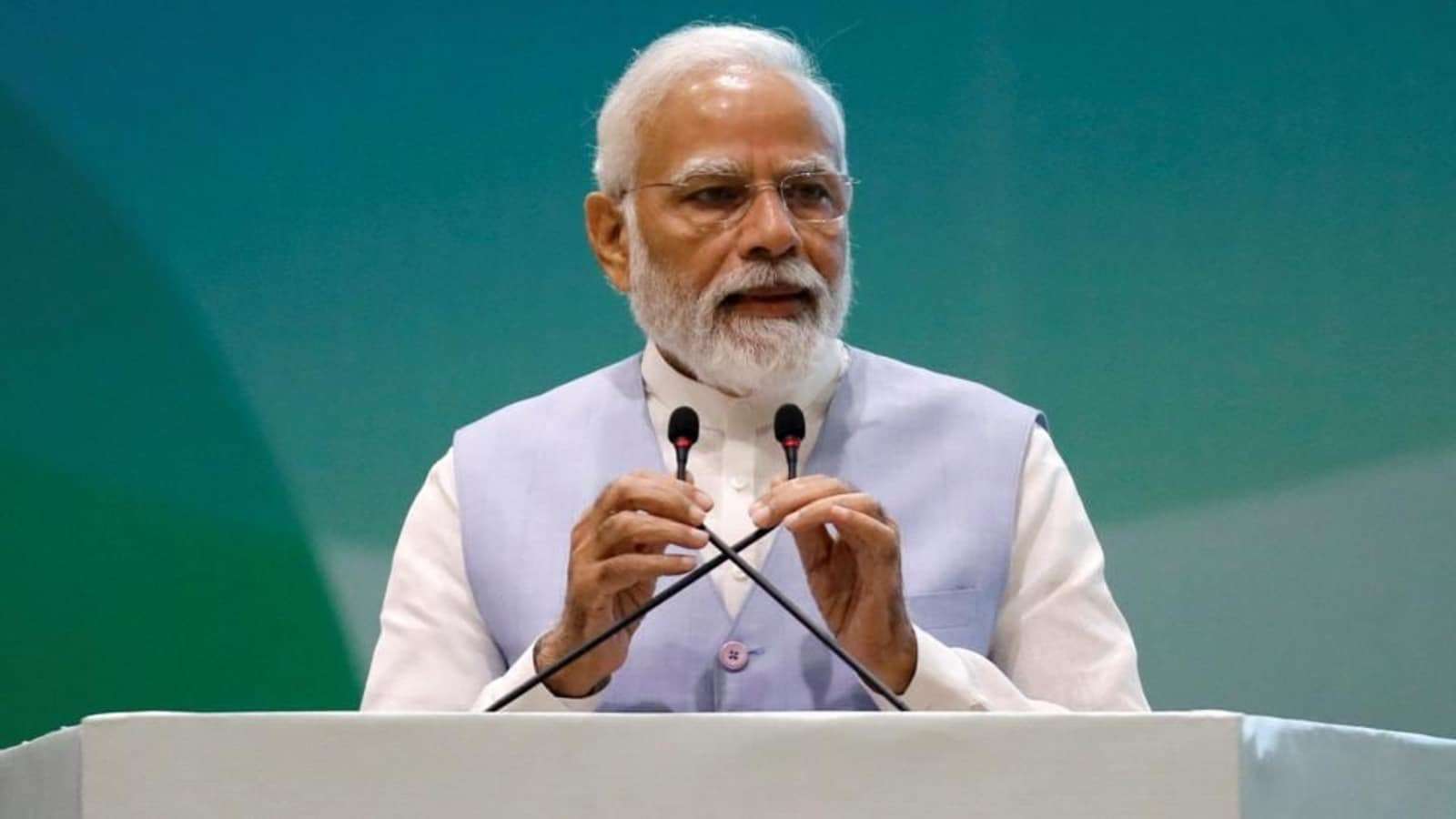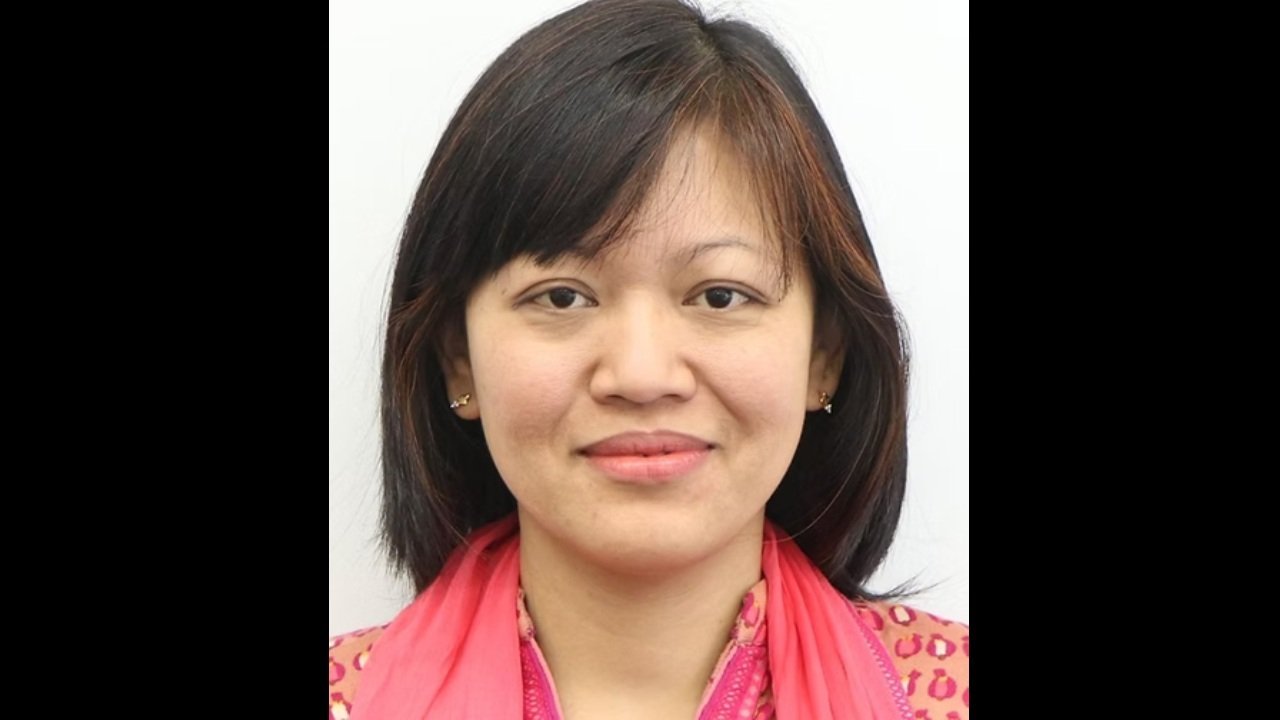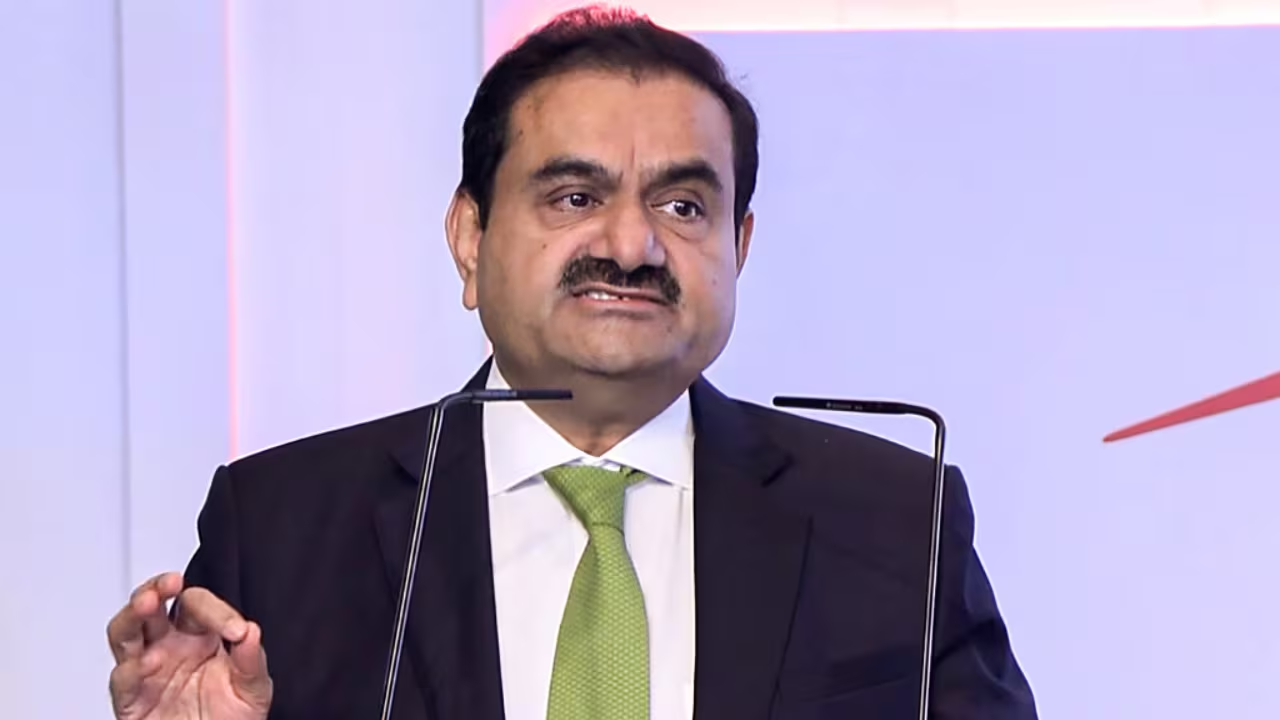Okunawa suffers from Situs Inversus Totalis, in which her organs are positioned abnormally
Patience Okoduwa successfully underwent a gall bladder surgery despite having a rare condition. A medical tourist from Lagos, Nigeria, she said that she had been experiencing abdominal pain and several hospitals in her home country were unable to give her a diagnosis. She then flew to Dubai.
Initially, she went to Medeor Hospital, to confirm the presence of gall bladder stones, however, upon further inspection, doctors realised that she had a rare congenital condition called ‘Situs Inversus Totalis’.
This condition causes the organs in the chest and the abdomen to be abnormally positioned. Occurring in only 0.01 per cent of the population, this condition causes other health issues like congenital heart disorders, lung problems, sinusitis, etc.
An anomaly
“During the scan, I found transposition of the organs. The liver and gallbladder, normally located on the right side, were seen on the left side of the abdomen. The heart was located on the right side. The condition is called Situs Inversus with Dextrocardia,” said Dr Ahuja, specialist radiologist at Medeor Hospital, Dubai.
Initially, she went to Medeor Hospital, to confirm the presence of gall bladder stones, however, upon further inspection, doctors realised that she had a rare congenital condition called ‘Situs Inversus Totalis’.
Upon learning about the diagnosis for the first time at Medeor Hospital, Okoduwa and her husband, Emmanuel Okoduwa, were amazed. “I have undergone three C-sections in the past. Over the years, I have visited a couple of big hospitals for gall bladder stones. I am surprised that nobody has been able to detect this till we came here,” said Okoduwa.
A modified approach
Her medical condition meant that doctors had to modify their approach to the surgery. According to Dr. Arindam Ghosh, Consultant Gastrointestinal Surgeon, and chief of the surgery department at Medeor Hospital, Dubai, detecting her condition before surgery has been vital in helping them plan the procedure.
Dr Ghosh said: “The surgeon’s non-dominant left hand would have to work as the main operating hand, a task that isn’t easy. The patient also had other complications like a hernia and severe adhesions in the whole abdomen that needed to be cleared.”
“We performed the surgery laparoscopically using mirror-image keyholes and all the instruments used in the surgery were placed on the mirror-image side. Electrocautery was replaced with an advanced vessel sealing device to avoid complications. The surgery was completed in 2 ½ hours,” said Dr Ghosh, adding that this is the first patient with Situs Inversus Totalis he has treated in his career.
******************************************************************
Readers
These are extraordinary times. All of us have to rely on high-impact, trustworthy journalism. And this is especially true of the Indian Diaspora. Members of the Indian community overseas cannot be fed with inaccurate news.
Pravasi Samwad is a venture that has no shareholders. It is the result of an impassioned initiative of a handful of Indian journalists spread around the world. We have taken the small step forward with the pledge to provide news with accuracy, free from political and commercial influence. Our aim is to keep you, our readers, informed about developments at ‘home’ and across the world that affect you.
Please help us to keep our journalism independent and free.
In these difficult times, to run a news website requires finances. While every contribution, big or small, will makes a difference, we request our readers to put us in touch with advertisers worldwide. It will be a great help.
For more information: pravasisamwad00@gmail.com











